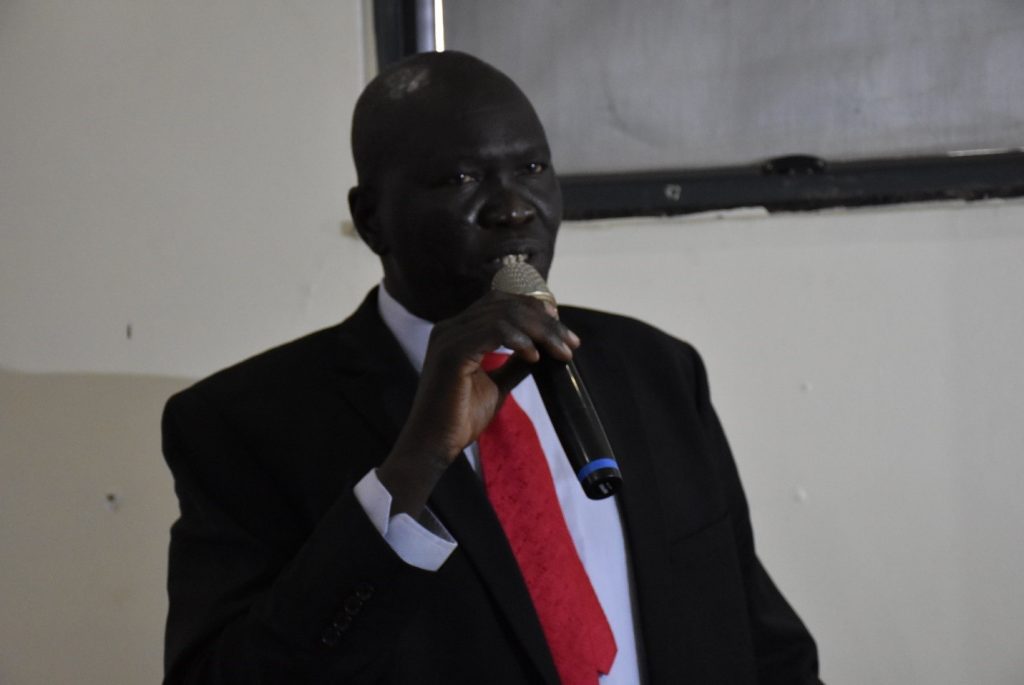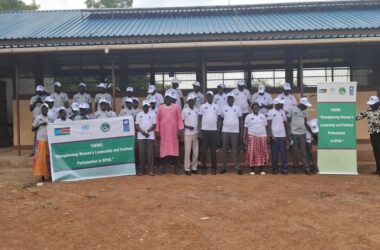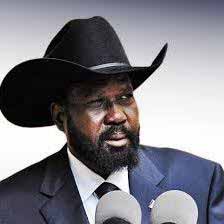
By Akol Madut Ngong
The Deputy Minister of Finance and Planning Agok Makur said the Ministry of Finance and Planning has increased budget allocations to the educational sector as the government strive hard to improve the quality of education in the country.
Speaking at the national launch of Consultation on Transforming Education by the Ministry of General Education and Instruction Deputy Minister Makur said the government is working hard to overcome the challenges facing the country specially the COVID-19 pandemic.
“The government is working hard to overcome if not all, nevertheless most challenges especially educational reforms, salaries and Covid-19 related setbacks” he said.
He revealed a significant amount of money allocated to the education sector.
“The budget commitment allocated to the education sector is South Sudanese Pounds 107.8 million which constitutes 14% out of the SSP 83 billion for General Education including the National Examination which compose 10% of the gross revenue” Makur disclosed.
Deputy Minister Makur registered the government’s continue efforts to improving the quality of education by improving teachers working conditions.
“We have also made significant increment for teachers’ salaries up to 140% this is to improve their condition and quality of education in the country” Makur said.
Meanwhile, Thiopilus Abillo Taban a teacher teaching at Rajab educational Centre for the blind, expressed his excitement over the inauguration of National Consultative Transforming Education initiative with the different stakeholders.
Abillo said, Education is a human right for all children including those living with disabilities also have the right to access educational services.
He however said there are many challenges facing him as a teacher and his colleagues who teach at special school of the blind.
“We really face a lot of challenges such as all schools’ materials are not inclusive or accessible e.g. the text books that are provided by the government is not accessible, the text book are in print and the learners whom I’m teaching, they are blind and they need to be taught in brain and for me to assesses a print text is a challenge unless I look for somebody to read for me then I transcript the textbook from print to brain these are the challenges facing us in the school” Abillo explained.
“Secondly, the scholastic materials are not enough such as brightly papers, stylish, packing ambaraalah machine, bralbolish data that can at least ease the work that can transcript from the print text to brain even school environment are not accessible for learners with disability to continue learning but only Rajab, in all the school in the Republic of South Sudan are not access able” said the teacher.
The learning are totally not conducive for the children or the learners with disability and I am so much glad to speak the challenges facing us as learners with disability as well as teachers of disability, not all children with disability are going to school and of course most of the school, we don’t have resources as teachers that can teach learners with blind on brain, teachers that teach children with deaf and hearing impairment on sign language that can be able to understand to interpret the explanation of the teacher into sign languages for hearing learners impairment to understand.
The Undersecretary in the Ministry of General Education and Instruction Kuyok Abol Kuyok inquired from the students what they think the government should do to improve learning in the schools and ensure that more children get to school.
In response, Marlin Murtacki Murtah a student Juba proper secondary school and a student representative at the launch of the education program said there are a lot of challenges facing them at schools which are the same challenge across the country.
“In Juba or South Sudan at large there is lack of libraries, there is nowhere that student can research like if a teacher gives a note so for you to search if it’s true or not true, you don’t understand, you want to go and read for yourself, no one can help and there is nowhere you can go and do that” Marlin exclaimed.
“We need library at our schools, lack of trained teachers, 90% are only volunteers only 10% are trained teachers and with that we cannot have quality education, we need trained teachers this goes to the ministry of General Education, you should looks into that, we need trained teachers to bring up bring children in a good way so tomorrow South Sudan will not be in the same condition” appealed the student representative.


